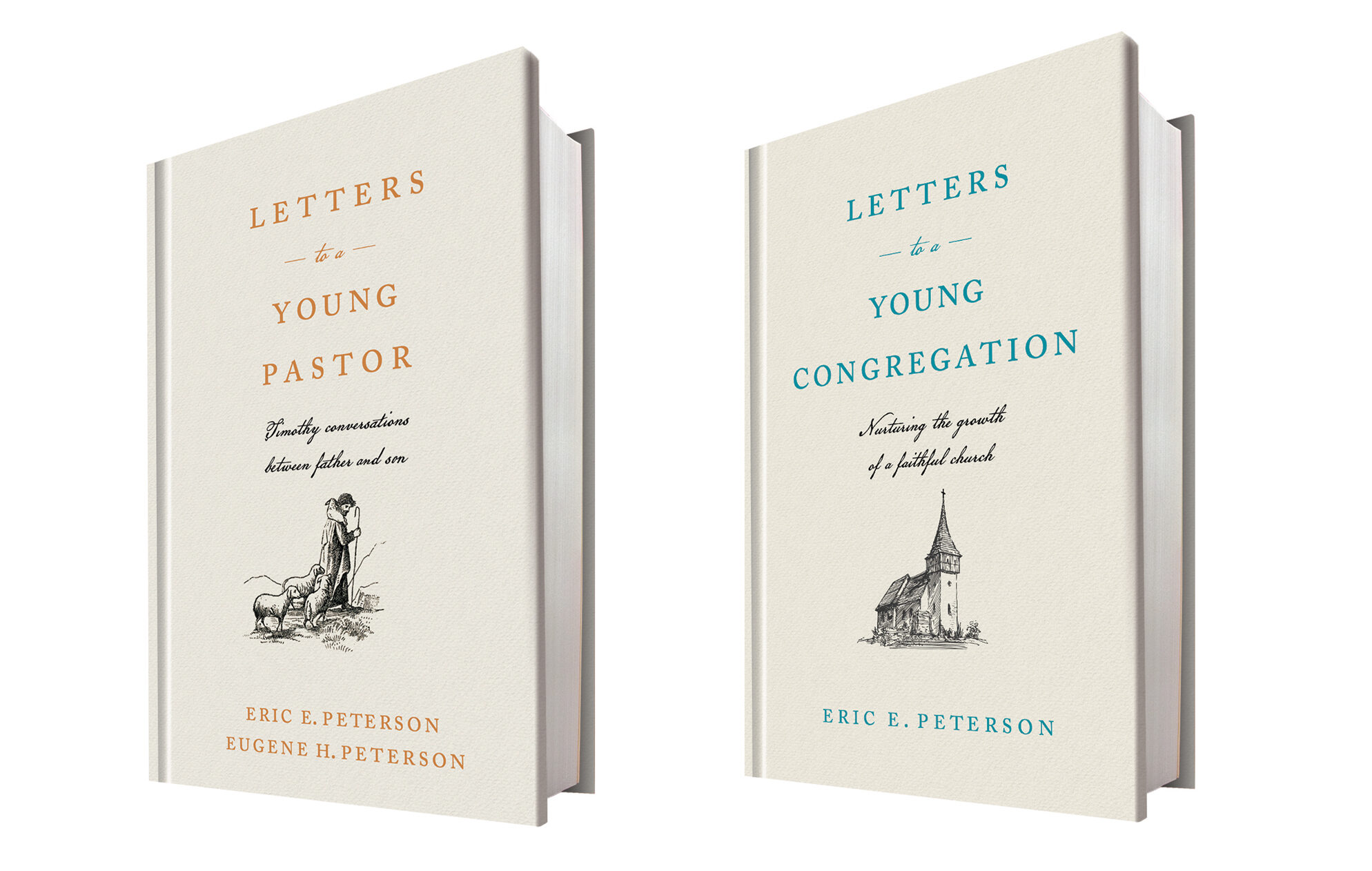We know that all things work together for good for those who love God, who are called according to his purpose.
Romans 8:28
It may be the question that has been asked more than any other one throughout the history of the world: If God really is so good and so powerful, why do bad things happen to people—good and bad alike? The question has prompted endless theories, none of them, to my way of thinking, providing satisfactory answers.
If there was only one thing to be learned from the Incarnation, it would be to establish the experience of suffering as normative, both for God and for humanity. Jesus’ suffering demonstrates that God, rather than eradicating it from the human scene, participates in our suffering, making it meaningful, employing it as a divine agent for godly ends.
Suffering is the furnace that forges the soul for holiness. In fact, some of the holy ones claim that it’s impossible to grow into Christlikeness without the experience of suffering, whether personally or vicariously. It is the unwelcome yet necessary tool in the workshop of God’s love that re-forms us in the imago Dei. Asking why suffering exists in this world is like asking why A = π r2 or why we have ten fingers (why not twelve?) or why cottonwood-tree leaves give off the most delicious scent in spring. We may not understand precisely why any of those things exist, but like suffering, they are among the universal laws of the world in which we live.
Jesus’ suffering demonstrates that God, rather than eradicating it from the human scene, participates in our suffering, making it meaningful, employing it as a divine agent for godly end.
Tweet
Which is why people of faith tend to ask the age-old question a little differently, looking for the ways in which God is present to us in our suffering. Saint Paul, although he suffered severe anguish, didn’t even bother to ask the question, turning it instead into a statement of faith, insisting that God works all things together for good, or what J.R.R. Tolkien called eucatastrophe: a sudden and favorable resolution of events in a story; a happy ending. [i]
That little prefix eu has the power to turn a word favorably on its ear. It’s what makes a word good (eulogy), a discovery glad (Eureka!), a feeling glorious (euphoria), a sound pleasing (euphonious). It’s what transforms a meal into a sacrament (Eucharist), and what makes the gospel truly good news (euangelion/evangelism). But it doesn’t just change words; it changes stories. It is the easy-to-miss gift which God brings to the table, to the world, to our lives, so that when all other signs point to failure or tragedy, the Good-Word (Eu-Logos) companions us, causing new life to emerge from otherwise dismal circumstances.
It takes a long time to make a disciple. It takes a lifetime to complete a baptism.
Tweet
The Incarnation, far surpassing the sweet images of no-crying-he-makes-baby-Jesus, celebrates the unique ways that God continues to do some of his very best work in the darkest, hardest, and most painful and bewildering circumstances of our lives. But there are no short cuts. There were none for the Son of God, and there aren’t any for the sons and daughters of God either.
This morning, I read a story about a father who took his son to Drew University to register him for college. He said to the dean of admissions, “This is a smart kid. Why will it take four years? Can’t you do it in two?” The dean, who was a gardener, said, “It takes four years to make an educated person. It takes two years to make zucchini. Which do you want?”
It takes a long time to make a disciple. It takes a lifetime to complete a baptism.
Those who do not know the eucatastrophic truth of Romans 8 may have simply not remained in the crucible long enough to experience the fecundity of it. Redemption takes time. And while like a garden, it may at times appear latent, it is always and everywhere working, never sleeping, effecting goodly outcomes in the very worst of times. Deeply, covertly, slowly, surely, redemption is making its way. Wait for it. Chances are good—very good—that your waiting will eventually escort you into the surprise of a happy ending.
Grace and peace,
Pastor Eric
Sources
[i] Michael D. C. Drout, ed., J. R. R. Tolkien Encyclopedia: Scholarship and Critical Assessment (New York: Routledge, 2007), 176.



